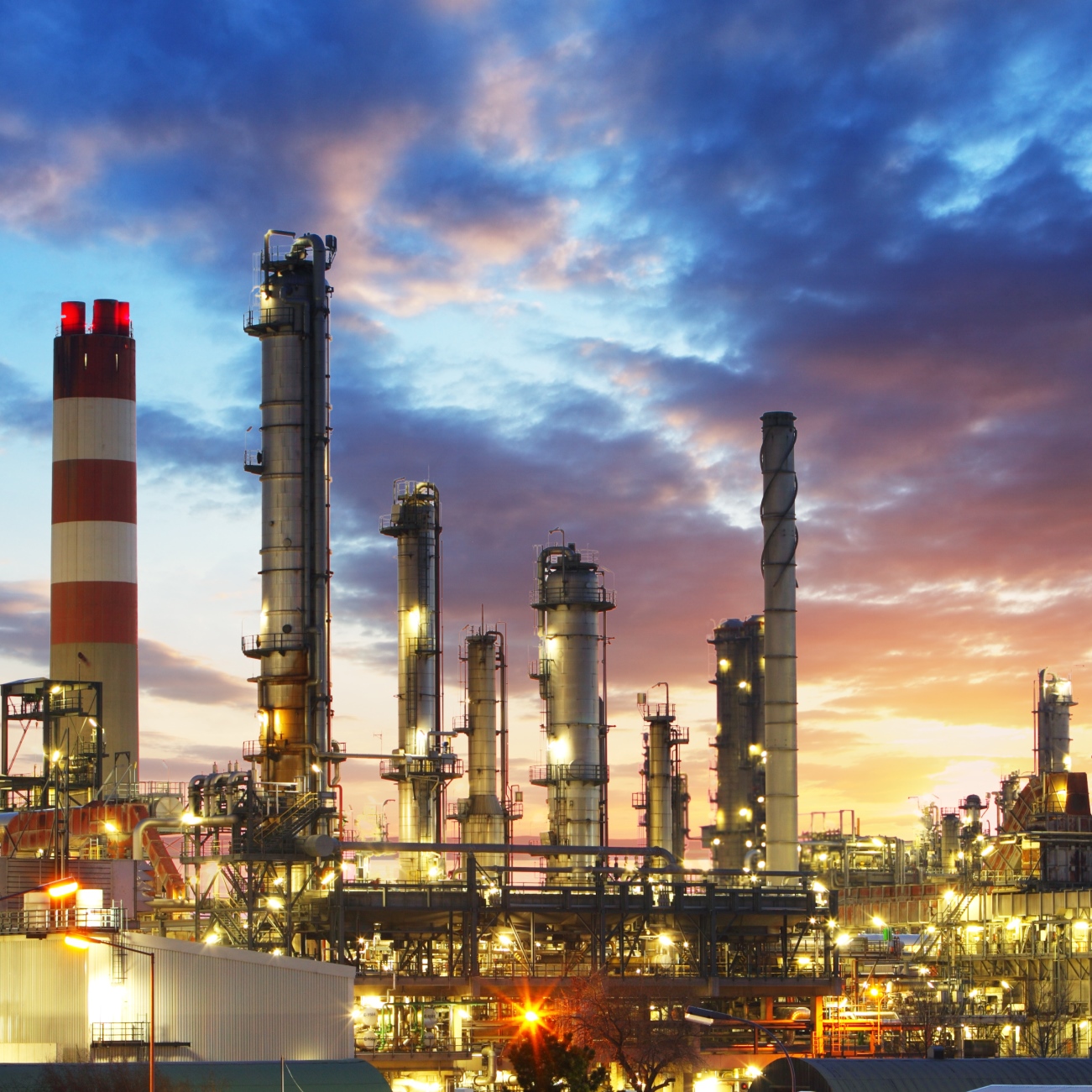Energy
Exxon Mobil Misled Public on Climate Change, Says Harvard Study

Published:
Last Updated:

Exxon Mobil Corp. (NYSE: XOM) publicly raised doubts about the dangers of climate change for nearly four decades, even as company scientists and executives privately acknowledged the growing threat, according to a Harvard University study published Wednesday.
The Harvard report, titled “Assessing ExxonMobil’s Climate Change Communications,” analyzed 187 climate-change communications from Exxon, including peer-reviewed and non-peer-reviewed publications, internal company documents and paid editorial-style ads, called “advertorials,” that appeared in The New York Times.
The Harvard report adds more ammunition to attorneys general, such as New York’s Eric Schneiderman and Maura Healy of Massachusetts, who are investigating whether Exxon misled shareholders.
In May, Exxon shareholders approved a nonbinding proposal that asked the company to disclose the impact to its business of global climate goals contained in the Paris climate agreement. That vote came just after President Trump withdrew the United States from the climate accord.
The Harvard report says Exxon expresses more doubt that climate change is real and human-caused in its more public communications, such as advertorials, than it does in other publications and documents.
“We find that as documents become more publicly accessible, they increasingly communicate doubt,” said the paper. “This discrepancy is most pronounced between advertorials and all other documents. For example, accounting for expressions of reasonable doubt, 83% of peer-reviewed papers and 80% of internal documents acknowledge that climate change is real and human-caused, yet only 12% of advertorials do so, with 81% instead expressing doubt.”
Harvard acknowledged that Exxon contributed to advancing climate science — by way of its scientists’ academic publications — but promoted doubt about it in advertorials. Because of this discrepancy, Harvard concluded that Exxon misled the public.
In a statement, Exxon said:
We unequivocally reject allegations that ExxonMobil suppressed climate change research contained in media reports that are inaccurate distortions of ExxonMobil’s nearly 40 year history of climate research. We understand that climate risks are real. The company has continuously, publicly and openly researched and discussed the risks of climate change, carbon life cycle analysis and emissions reductions.
The company pointed to its website and statements that offer a 10-page document listing the more than 50 peer-reviewed articles on climate research and related policy analysis from Exxon scientists from 1983 to the present.
The study said the issue was not whether Exxon “suppressed climate change research” but rather how it communicated about it.
Start by taking a quick retirement quiz from SmartAsset that will match you with up to 3 financial advisors that serve your area and beyond in 5 minutes, or less.
Each advisor has been vetted by SmartAsset and is held to a fiduciary standard to act in your best interests.
Here’s how it works:
1. Answer SmartAsset advisor match quiz
2. Review your pre-screened matches at your leisure. Check out the advisors’ profiles.
3. Speak with advisors at no cost to you. Have an introductory call on the phone or introduction in person and choose whom to work with in the future
Thank you for reading! Have some feedback for us?
Contact the 24/7 Wall St. editorial team.